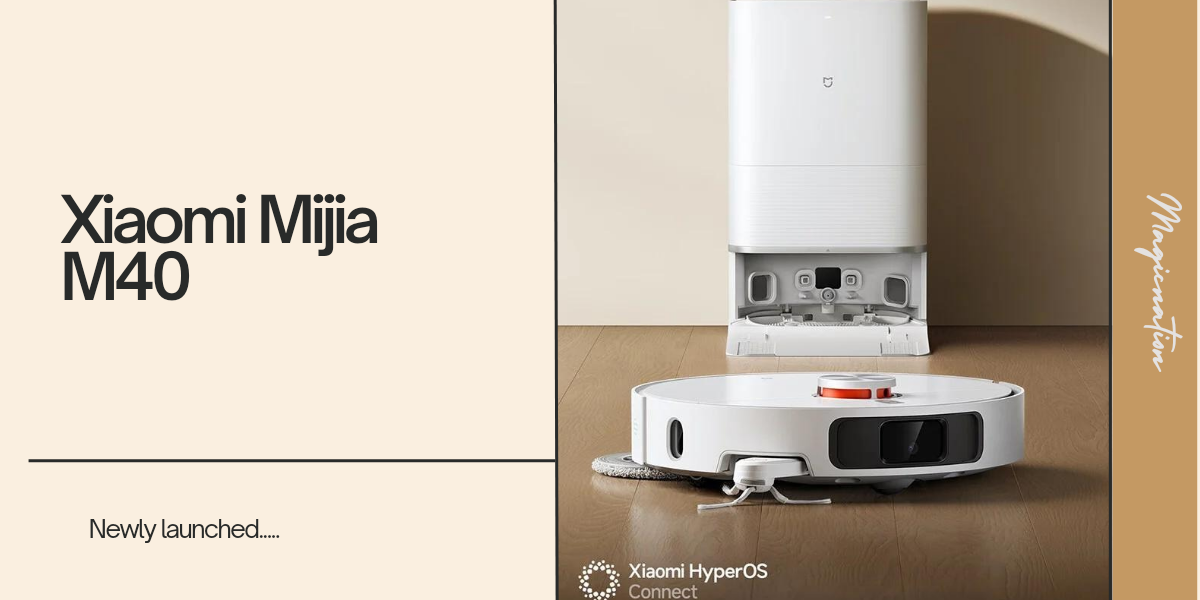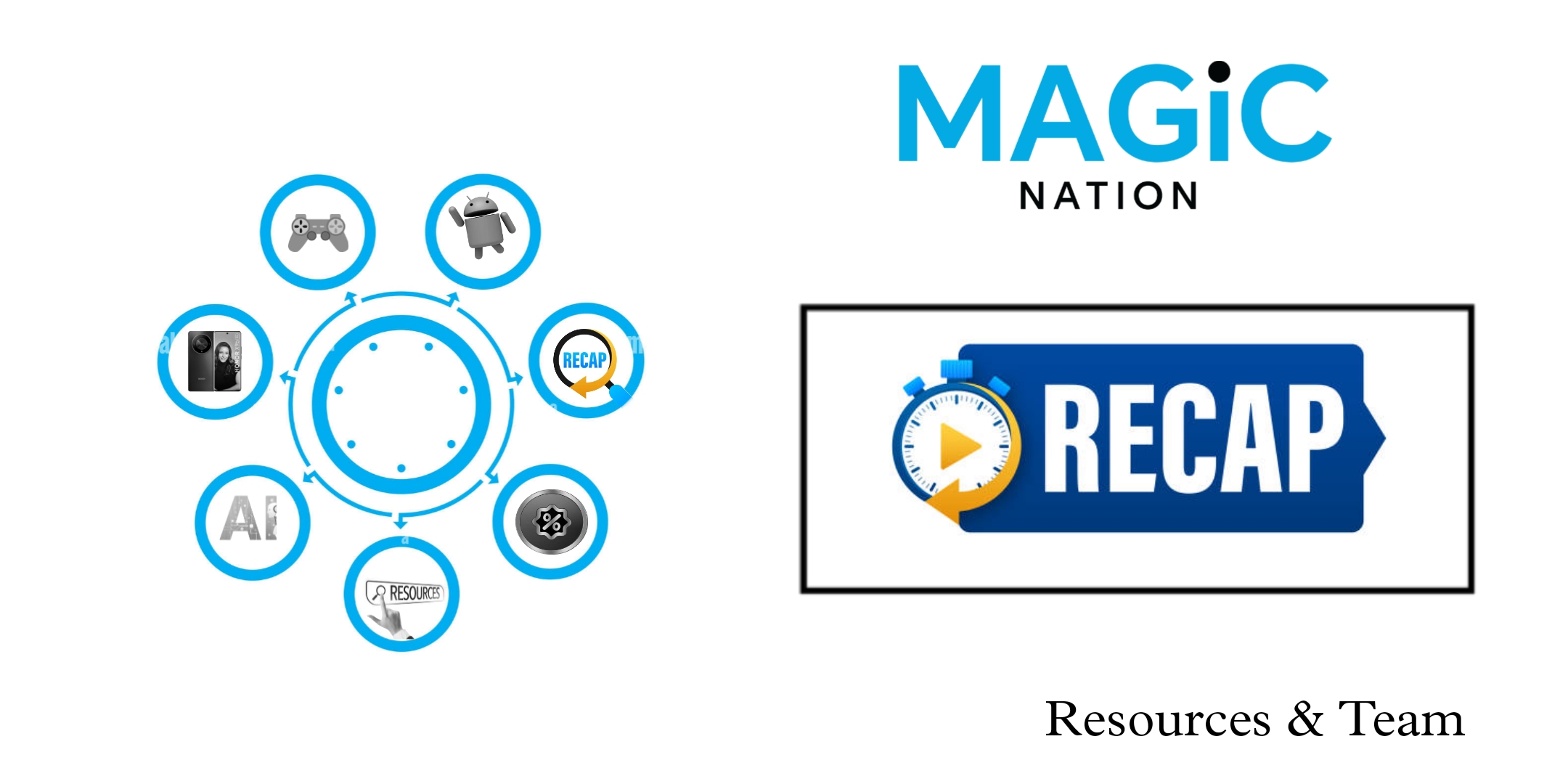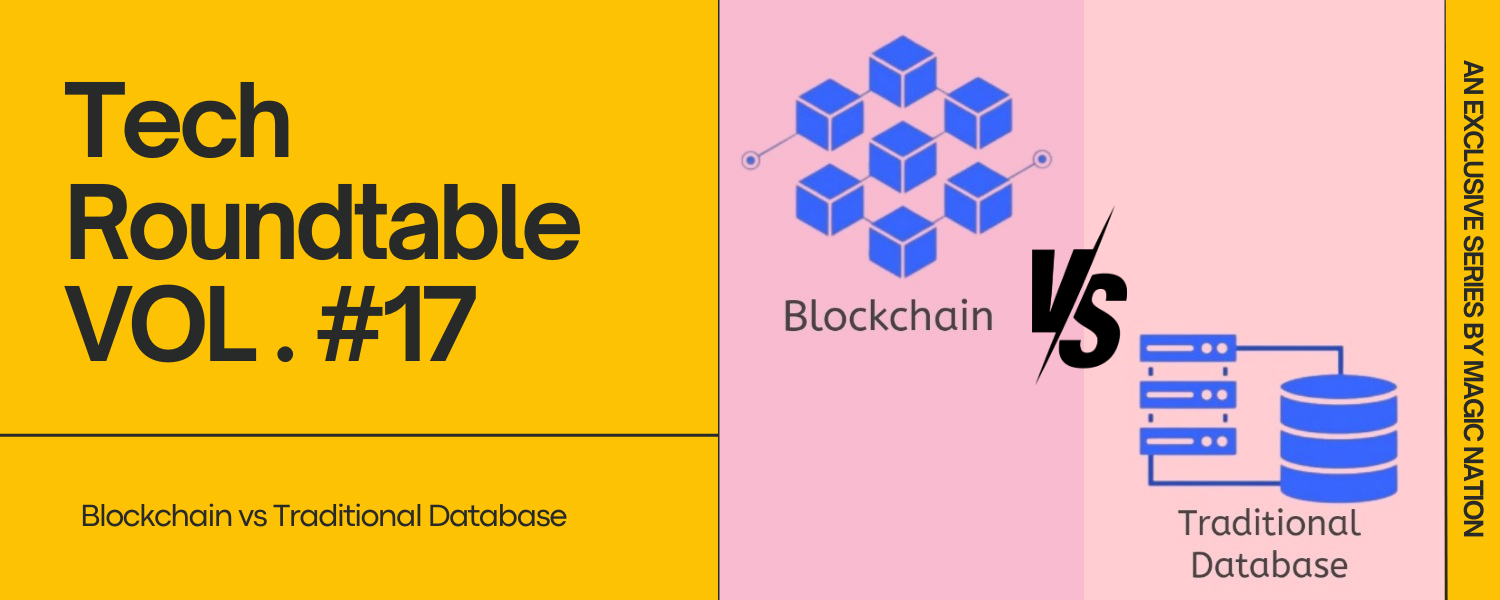 Image Credit: Encryptus
Image Credit: Encryptus
1. Diversification of Blockchain Applications:
- Smart Contracts: One of the standout features of blockchain is its ability to execute self-executing contracts, known as smart contracts. These programmable agreements automatically execute predefined actions when conditions are met, streamlining and automating processes across various industries.
- Supply Chain Management: Blockchain enhances transparency and traceability in supply chains. It allows stakeholders to track the journey of products from origin to destination, reducing fraud, ensuring product quality, and minimizing inefficiencies.
2. Blockchain in Healthcare:
- Secure Patient Data: Blockchain ensures the security and integrity of patient data by providing an immutable and transparent record. Healthcare providers can access patient information securely, and patients have more control over their data.
- Drug Traceability: Blockchain aids in tracking the production, distribution, and authentication of pharmaceuticals, reducing the risk of counterfeit drugs entering the market.
3. Financial Services and Beyond:
- Cross-Border Payments: Blockchain facilitates faster and more cost-effective cross-border transactions by eliminating intermediaries and reducing processing times.
- Tokenization of Assets: Assets like real estate or art can be tokenized, enabling fractional ownership and democratizing access to investments.
4. Enhancing Security:
- Immutability: The decentralized and distributed nature of blockchain ensures data immutability. Once a block is added to the chain, it cannot be altered, providing a tamper-resistant record of transactions.
- Cryptography: Advanced cryptographic techniques secure data and transactions, making it extremely challenging for malicious actors to compromise the integrity of the blockchain.
5. Transparency and Accountability:
- Public Ledgers: Blockchain operates on a public ledger that is accessible to all authorized participants. This transparency ensures that all parties involved have visibility into transactions, promoting accountability.
- Auditable Records: Every transaction on the blockchain is recorded and time-stamped, creating an auditable trail. This feature is particularly valuable in industries where compliance and transparency are paramount.
6. Government and Voting Systems:
- Secure Voting: Blockchain can be used to create secure and transparent voting systems, reducing the risk of fraud and ensuring the integrity of the electoral process.
- Government Records: Storing government records on a blockchain enhances security and transparency, reducing the risk of data manipulation.
7. Environmental Impact:
- Green Blockchain: The energy-intensive nature of some blockchain networks has been a concern. However, there is a growing emphasis on developing eco-friendly consensus mechanisms and transitioning to more sustainable blockchain solutions.
8. Challenges and Future Outlook:
- Scalability: Blockchain faces challenges related to scalability and transaction speed. Ongoing research and development aim to address these issues and make blockchain more scalable for mass adoption.
- Interoperability: Efforts are underway to enhance interoperability between different blockchain networks to create a more connected and seamless ecosystem.

Image Credit: Medium
Conclusion: Blockchain technology's evolution beyond cryptocurrencies into a versatile tool for enhancing security and transparency signifies a paradigm shift in how we manage and authenticate data. As its applications continue to diversify across industries, the impact of blockchain on reshaping traditional processes and establishing new standards for security and transparency is poised to be profound. As we navigate this transformative era, the fusion of blockchain with various sectors holds the promise of creating a more secure, transparent, and decentralized future.
Signing Off
Sudhanshu Roy














